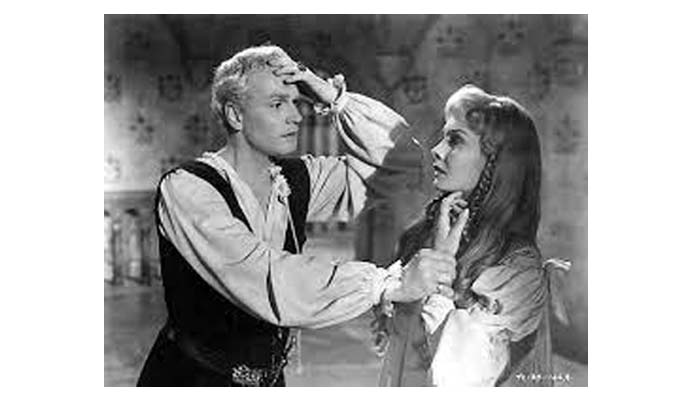
Hamlet Character analysis. A critical note on the dramatic significance of the interview between Hamlet and his mother queen Gertrude in Act III, Scene IV in the play Hamlet.
Inception
William Shakespeare’s tragedy Hamlet was written between 1599 and 1601. It is Shakespeare’s longest play. The play is set in Denmark and tells the story of Prince Hamlet and his quest for vengeance against his uncle Claudius, who murdered Hamlet’s father in order to take his throne and marry Hamlet’s mother.
Hamlet Character analysis
Interview between Hamlet and his mother
In Hamlet’s interview with his mother queen Gertrude, Hamlet knows that he might want her to affirm her awareness of Claudius’ crime in order to provide more evidence of his guilt. Or it’s possible Hamlet wants to know if she was involved in the crime. Or he may believe that if he is to achieve justice, he needs her on his side.
While all of these scenarios are plausible, Hamlet instead urges his mother to repent for choosing Claudius over his own father. He expressly requests that she stay away from Claudius. He advises her not to let Claudius arouse her by fondling her neck, not to stay within him at night, and other clear details.
Despite the fact that Gertrude’s speech in this scene is mostly limited to quick reactions to Hamlet’s extensive denunciations of her, it is the most illuminating look into her character we have.
Gertrude passes through numerous stages of emotion as the play progresses, she is accusing at first, then fearful that Hamlet will damage her feeling, startled and saddened when Hamlet kills Polonius father of Ophelia, overcome by terror and panic as Hamlet accosts her, and incredulous when Hamlet sees the ghost.
Women’s tendency to be dominated by powerful men, as well as her need for males to show her what she should believe and feel, this trait explains why Gertrude turned to Claudius so soon after her husband’s death, as well as why she adopts Hamlet’s point of view so quickly in this scene.
Of course, the play does not explain Gertrude’s actions in detail. It is possible that she was complicit with Claudius in her husband’s murder, though this seems unlikely given her unexpected reaction to Hamlet’s accusation in this scene, and it is also possible that she merely pretends to take Hamlet’s side to appease him, which would explain why she immediately reports his behavior to Claudius after promising not to.
Meanwhile, we see a kind of dramatic appearance that Hamlet put such a Question on his mother Gertrude. His Question implies that Hamlet is very worried. His mother Gertrude, meanwhile, assures him that he doesn’t have to worry, but she uses it in the form of Irony because when Gertrude assures her, she’ll do it, she goes and says the whole situation to Claudius.
Finally, she expresses regret for her son and appears to be eager to assist him. The scenario then unfolds as a series of huge shocks for Gertrude, each of which lowers her resistance to Hamlet’s criticism of her actions.
In fact, Gertrude is persuaded primarily by Hamlet’s insistence on emotion, demonstrating what many readers have perceived to be her defining trait her proclivity to be dominated by powerful men and her need for males to show her what to believe and feel.
Also read: Modernism Characteristics

